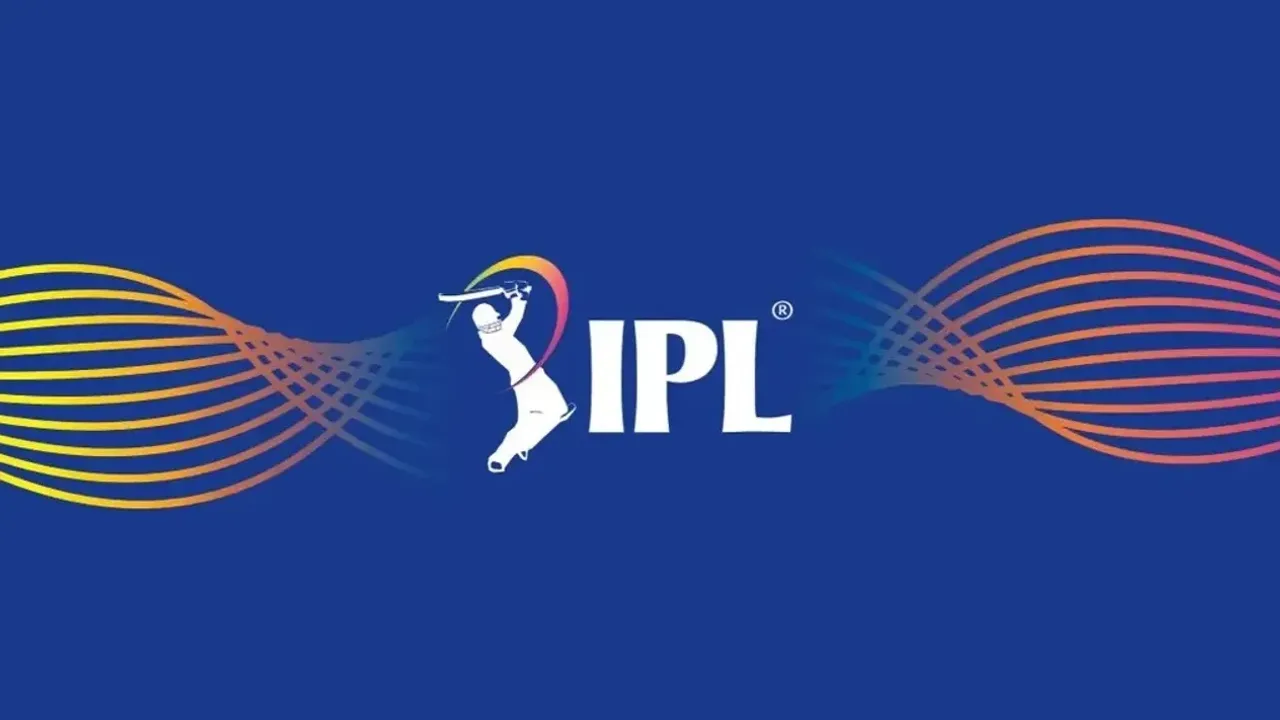Indian Premier League (IPL): A Complete Overview
The Indian Premier League (IPL) is the most popular and financially successful professional Twenty20 (T20) cricket league in the world. Launched in 2008 by the Board of Control for Cricket in India (BCCI), the IPL has revolutionized the sport by blending sports and entertainment, and creating a model that's been replicated globally.
History and Formation
The IPL was founded in 2007, with its inaugural season held in 2008. It was the brainchild of Lalit Modi, then Vice-President of the BCCI. The league was created to capitalize on the growing popularity of T20 cricket and the success of India’s win in the inaugural ICC T20 World Cup in 2007.
Format of the League
The IPL features a franchise-based system where teams are owned by various business groups and celebrities. Each team represents a city or a region in India. The format includes:
- League Stage: All teams play against each other in a round-robin format.
- Playoffs: The top four teams qualify for the playoffs — Qualifier 1, Eliminator, Qualifier 2, and Final.
Teams in IPL (as of 2025)
- Chennai Super Kings (CSK)
- Mumbai Indians (MI)
- Kolkata Knight Riders (KKR)
- Royal Challengers Bengaluru (RCB)
- Delhi Capitals (DC)
- Sunrisers Hyderabad (SRH)
- Rajasthan Royals (RR)
- Punjab Kings (PBKS)
- Lucknow Super Giants (LSG)
- Gujarat Titans (GT)
Impact on Global Cricket
The IPL has had a significant influence on how cricket is played and consumed:
- Player Exposure: Young Indian players share dressing rooms with international stars, boosting their confidence and skills.
- Financial Benefits: Cricketers, both Indian and overseas, earn significant incomes through IPL contracts, endorsements, and sponsorships.
- Fan Engagement: The use of technology, social media, fantasy leagues, and entertainment has transformed fan interaction.
Notable IPL Legends
- MS Dhoni (CSK): Iconic captain who led CSK to multiple titles.
- Virat Kohli (RCB): Highest run-scorer in IPL history.
- Rohit Sharma (MI): Five-time IPL-winning captain with Mumbai Indians.
- Chris Gayle: Known for explosive batting and multiple centuries.
- AB de Villiers: Fan favorite known for innovation and power-hitting.
IPL Auctions and Player Retention
Each season starts with a player auction where teams build their squads within a set salary cap. Players can be retained, traded, or released. Mega-auctions are held every few years, allowing for full team reshuffling.
Records and Statistics
- Most Runs: Virat Kohli
- Most Wickets: Dwayne Bravo, followed closely by Yuzvendra Chahal and Bhuvneshwar Kumar
- Highest Individual Score: Chris Gayle – 175*
- Most Titles: Mumbai Indians and Chennai Super Kings
Entertainment and Glamour
The IPL is more than just cricket. With celebrity team owners, cheerleaders, grand opening ceremonies, and Bollywood-style promotions, it’s a cultural phenomenon in India and abroad. Stadiums are packed with fans, and viewership numbers reach hundreds of millions each season.
Economic and Social Impact
The IPL generates employment, boosts tourism, and has a significant economic impact. It also inspires young athletes and drives infrastructural development in cities with franchises.
Criticism and Controversies
Despite its success, the IPL has faced criticism for:
- Over-commercialization of cricket
- Player burnout due to tight schedules
- Match-fixing and betting scandals (notably in 2013)
- Too much focus on T20 at the cost of Test and ODI formats
Future of IPL
With increasing international involvement, advanced technologies like AI for umpiring and analysis, and possible overseas franchises (like the SA20 and ILT20), the IPL is likely to grow even bigger. There are also talks of expanding the number of teams and hosting matches in other countries.
Conclusion
The Indian Premier League is a game-changer in the world of cricket. It combines entertainment, economics, and elite athleticism to create a unique sporting spectacle. As it continues to evolve, the IPL promises to stay at the forefront of cricket’s global revolution.

